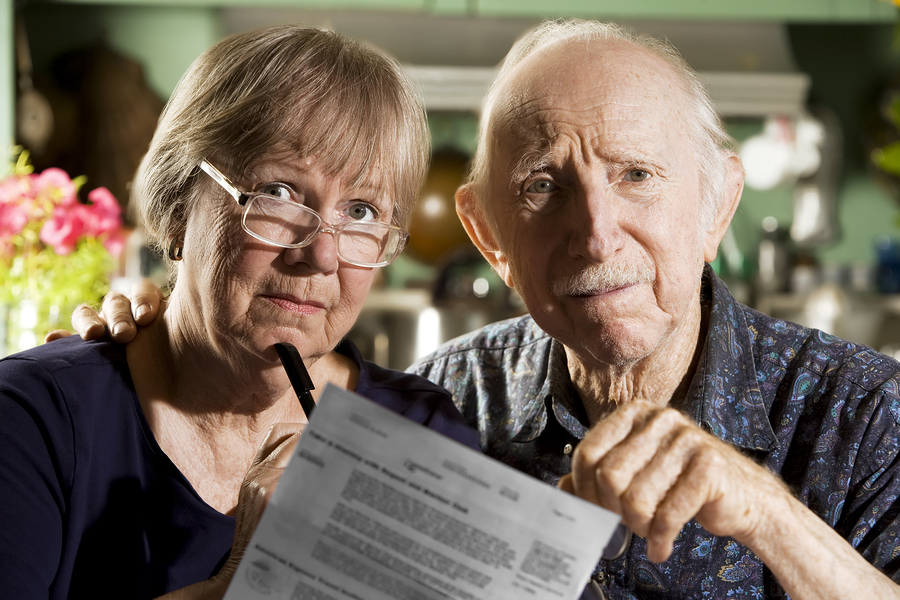
Debts, as well as assets, are often left behind when you pass away and it is important to know that all debts are not treated equally.
The payment of debts can sometimes be avoided while you are alive through actions such as bankruptcy – but when you pass away, they are often treated differently.
Quicken Loans recently published a short blog about different debts and how they are treated after you pass away entitled “What Happens to Your Debt When You Die?“.
Some highlights from the article include:
- Your Estate Pays the Debts – Before your heirs can receive an inheritance, the job of the executor of your estate is to first pay off all of your debts out of the assets of your estate. If there are not enough assets in your estate and you are the only person responsible for the debt, then any unpaid portion of the debt goes away.
- Joint Debts – If someone else is a joint debtor, such as a co-signor, then he or she will be responsible for any part of the debt not paid by your estate.
- Student Loans – Government funded student loans are an exception. When you pass away, they are forgiven and your estate is not responsible for them. However, this is not true for private student loans.
- Mortgages – Close relatives who inherit mortgaged property can take over the mortgage if they wish to keep the property.
- Community Property – In community property states any debt you obtained after getting married will become the responsibility of your surviving spouse whether or not he or she co-signed for the debt.
Debts can not only be a challenge when you are alive, they can continue after you pass away. Consult an estate planning attorney to guide you.
Reference: Quicken Loans (Nov. 19, 2015) “What Happens to Your Debt When You Die?“











